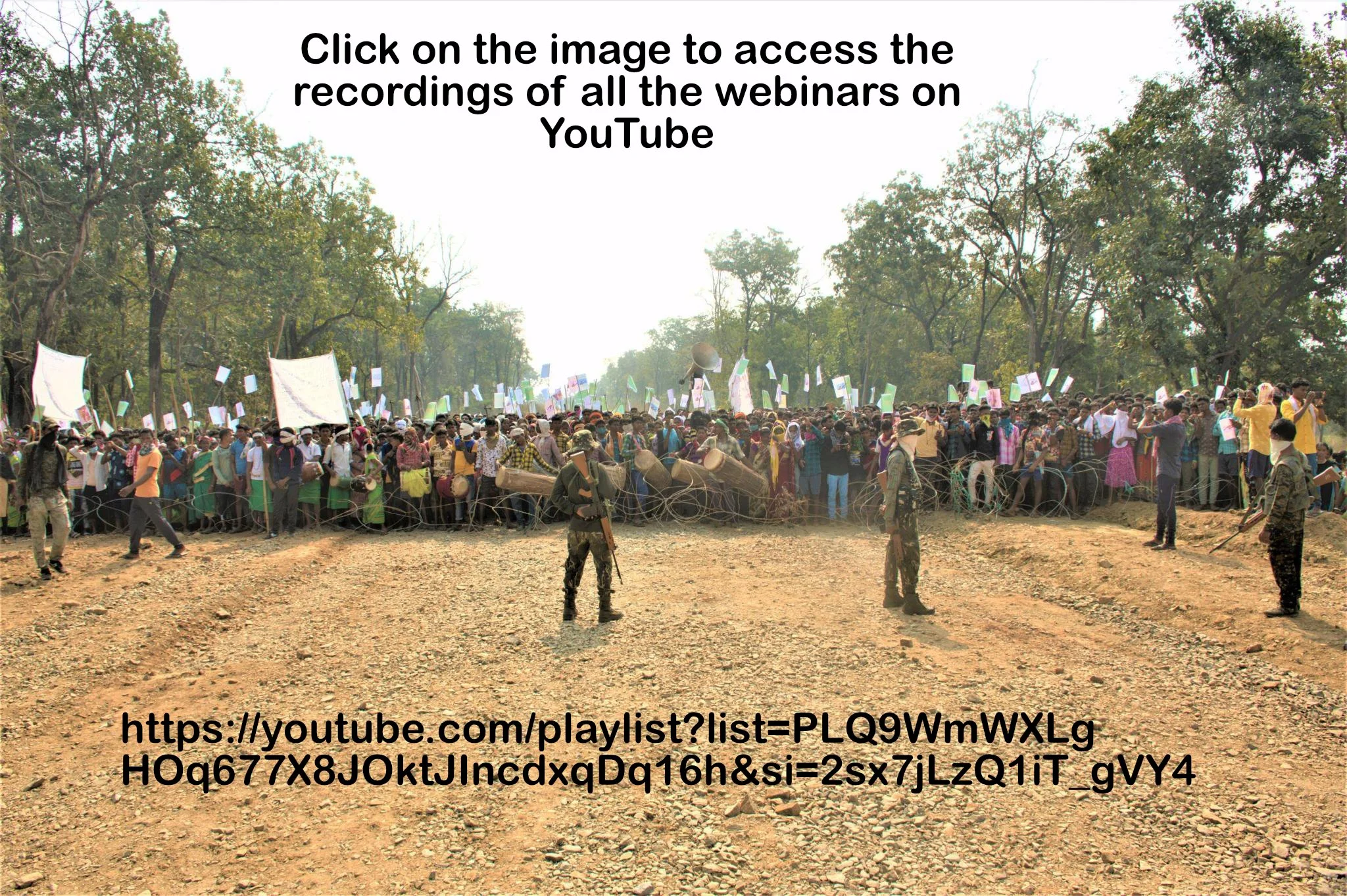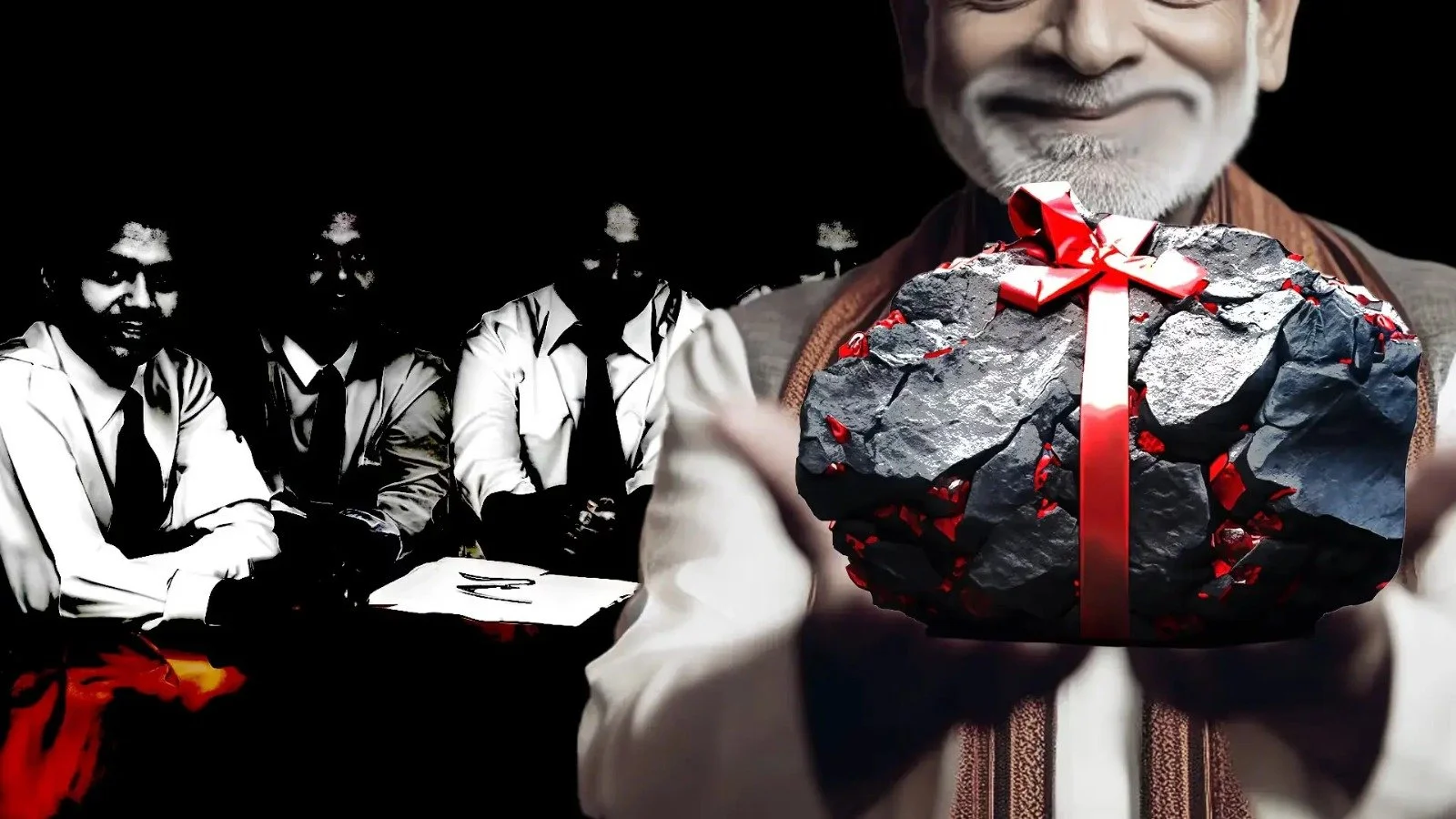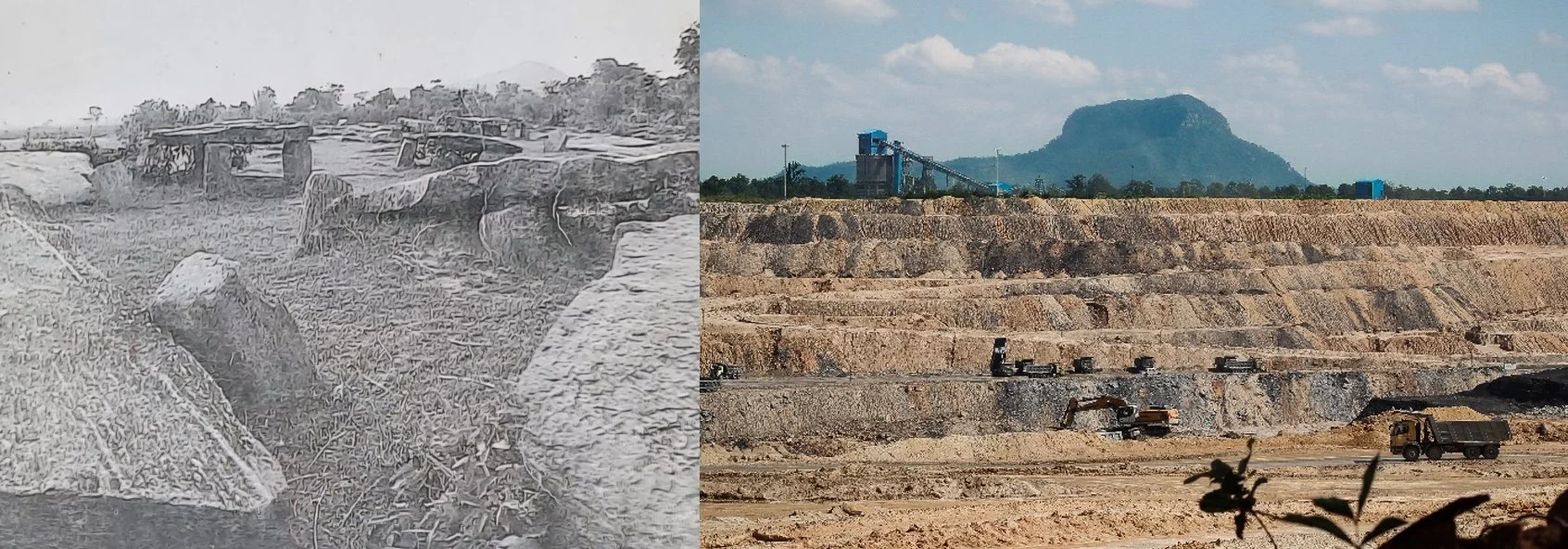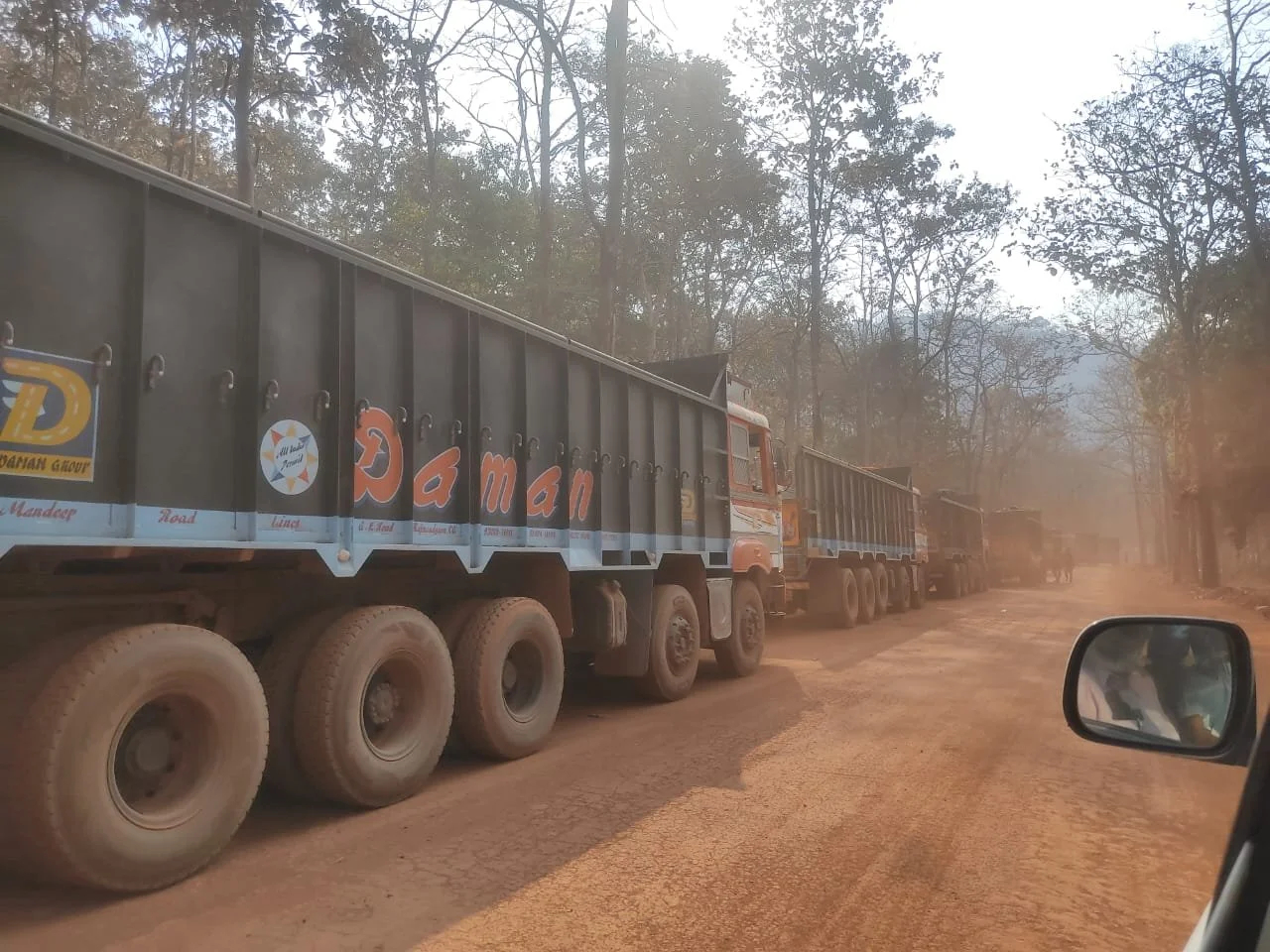Deadline or Death Sentence: State Violence and Indigenous (Adivasi) Peoples’ Resistance in India
A Public Education Series
Image credit: Malini Subramaniam
India’s Indigenous Adivasi communities in central and eastern regions are witnessing escalating State repression due to their steadfast refusal to accept the State’s vision of“development”. These Adivasi communities have an unbroken history of resisting colonialism and imperialism: from armed rebellions, socio-religious and cultural movements, to anti-displacement struggles and legal measures for constitutional recognition. The current moment has again become a critical flashpoint in this resistance.However, the Home Minister of India, Amit Shah, has declared that the Indigenous people’s refusal stems from being misled by the revolutionary Communist (Naxalite) insurgency, which has been present in the region for the last four decades. He had further said that its eradication from both rural and urban areas across India will put the country back on the track of development. Shah has declared a deadline of 31 March 2026 for making India a ‘Naxalite’-free zone, and an unprecedented form of State violence under the guise of an escalated counterinsurgency programme – ‘Operation Kagar’ – has been ongoing since January 2024. In the backdrop of India’s authoritarian turn under the Hindu nationalist Modi government, this exercise is unfolding concurrently with aggressive corporate land grabs from the Adivasi communities, revealing a deep State–corporate nexus.Commencing as Operation SAMADHAN-Prahar in 2017, Operation Kagar has already led to over 400 extrajudicial killings, human rights violations, sexual violence and unlawful arrests of activists and Adivasi dissenters, crony capitalism and environmental degradation. The aim of the militarized state-bureaucratic-corporate nexus is to annihilate the Adivasi resistance by destroying their lands, livelihoods and way of life.The series programme will explore and analyse this situation to help understand how we can build solidarities to resist the destruction of the Indigenous Adivasi communities in India. We will link the struggles of the Adivasi peoples with those of oppressed peoples in Palestine, Latin America and Southeast Asia and find the commonalities that connect us in our common struggle against colonialism and imperialism. Each discussion will counter the state’s hegemonic narrative to build public consent and will frame the Adivasi resistance through a lens that recognises it not just as a response to repression, but also emphasises that the people facing the oppression have alternative visions of development grounded in sustainability and collectivity.Previous webinars
Read our statements of solidarity for the Adivasi people of Bastar:2024/2025: International Statement Condemning the Escalating State Violence on India’s Indigenous Adivasi Communities in Bastar, Chhattisgarh, India
2023/2024: Indigenous Peoples’ Un-Freedoms and Our Academic Freedom A Call for Solidarity Bengali
English
Hindi
Malayalam
Panjabi
Telegu







